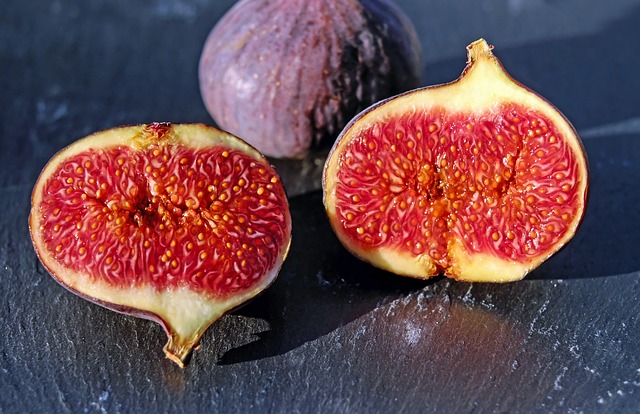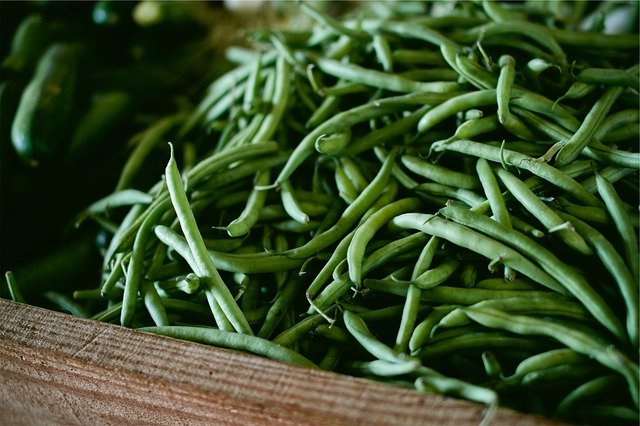
The fig is one of the fruits with the greatest abundance of mucilage.
Mucilage , a term also accepted by the Royal Spanish Academy ( RAE ) as mucilage , comes from the late Latin mucilāgo (translatable as “mucus” ). Mucilage is a viscous fluid found in certain parts of some plants.
Useful substance for plants
Originated from the degradation of callose, cellulose and other substances, mucilage can be found in roots or seeds , to mention two possibilities. There are vegetables that naturally produce this solution which, due to its content, can provide benefits to the health of human beings.
In a plant, mucilage can perform different functions. In some cases, it helps the seed germinate: when the mucilage meets water, its volume grows and protects the seed in the form of a moist layer around it to promote germination.
We can also say that mucilage offers the plant protection against wounds. In the dispersal process , by which the seeds move away from their plant to develop in a place where they do not have to compete with it for natural resources , this substance serves to attach to the disperser (the agent that transports it).
On the other hand, we have the case of plants such as comfrey , whose roots use mucilage to facilitate their introduction into the soil . Finally, mucilage can be an excellent tool for capturing prey in carnivorous plants; A very common example is the sundew , which is known in everyday speech as a flytrap .
Food and benefits
Although we are not always aware of it, mucilage is present in various everyday foods . Among them we can mention figs, legumes (okras, fenugreek and green beans), lichens (Irish moss and Iceland lichen), seeds (linseed and chia), algae (agar-agar) and various plants (purslane , borage, marshmallow, violet, calendula, cactus, mallow and hibiscus).
Broadly speaking, mucilage offers us a large number of health care benefits , which natural medicine takes advantage of for various purposes, such as preventing constipation, reducing cholesterol, promoting oral care and treating diseases such as cancer and diabetes. In addition to all this, it has prebiotic effects, that is, they promote the development of healthy bacteria in our intestine.
Focusing specifically on cholesterol reduction, the most recommended products are soluble mucilaginous fibers , since they prevent the intestinal cholesterol that bile produces to digest food from being absorbed again. Let's not forget that this also reduces the risk of suffering cardiovascular accidents, so we should not take it lightly.
Speaking of their demulcent properties, which can also be called emollients , mucilage acts by softening, softening and reducing inflammation of the mucous membranes. Since they can protect the internal mucous membranes, they are recommended to treat certain irritations , such as gastritis, indigestion and heartburn , and also to cure coughs (including dry coughs), relieve sore throats, combat colds and soothe irritation. .

To take advantage of the benefits of mucilage, it is good to eat legumes
aqueous preparation
The preparation that is made by dissolving a gummy matter in water is also known as mucilage. This aqueous solution is used to increase the viscosity of certain products and to achieve the suspension of substances that are insoluble.
Mucilage can be used as an excipient in medications , for example. This is because they allow the necessary bioavailability of the active ingredient of the drug to be achieved. It should be noted that the idea of bioavailability refers to the speed and fraction with which the dose of a drug reaches its therapeutic target (the site of the body where it develops its action).
